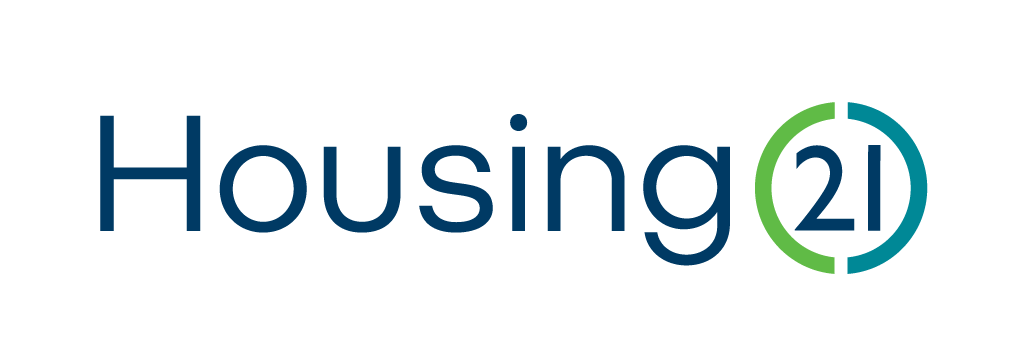Following on from Dyslexia Awareness Week; Gill Brown, the Head of Procurement here at Housing 21, discusses her experiences with dyslexia and her advice for those who may have it too.
I have that disability thing, called Dyslexia, that’s mostly perceived as generally, “something to do with not being able to spell properly”.
Admittedly, now this new electronic world we’re operating in has spell checkers on everything - I suppose my experience includes a perceived assumption from some non-dyslexics, that people with dyslexia should “be OK now”.
But as there isn’t a specific “dyslexia tick list” or “a one size fits all condition list“, it’s not always realised that people with dyslexia can have additional symptoms affecting mental health, and it’s with this in mind I thought I’d share some of my story.
Admittedly, seeing vowels in text is difficult for me and I don’t see commas or spaces between words, so it takes me ages to read anything:
When I rd it tks m twce as lng as I dn’t s vwls. Gnrlly x hv t us cntnts pgs to nvgt my wy thrgh bks . I pry ch dy tht f th spll chcker gs dwn nn my PC tht sm knd prsn lts m knw frst!
My short term memory is poor e.g. I may have difficulty recalling names if someone suddenly changes their appearance such as hair colour or grows a moustache or beard. Or I know people from work and see them in the community , I may not recognise them initially.
Sometimes basic ordinary conversation can prove confusing. It could be things like leaving normal conversational situations with feelings of confusion when perhaps you feel you haven’t understood something quite basic, then feeling silly when you need to ask for help or clarification. I might talk over people as I misjudge pauses in conversation flow.
But we’re working in a new world now where if experiences are left unspoken, particularly when working from home, you can feel very sad and isolated.
Past experience, prior to Housing 21, proved that going off sick from work may make things worse as stress increases the original confusion. It can be hard to “shout out for help” as there are no physical symptoms to see – even when your own well-being is starting to suffer.
But talking to someone proved very liberating for me. I got discrete support and learned new coping strategies for “cloudy days” which improved my confidence. I found a new profession I really liked and revisited education as a mature adult; I learned new coping strategies and received some really good easy –to- use -technology.
Housing 21 have continued to empower me in the workplace with the conversations and support that have taken place, and actively encourage other staff members to come forward if they are struggling, or may need further assistance.
So I wanted to use Dyslexia awareness raising week to reach out to any hidden dyslexics out there, to share a bit of “my story“ as a means to start a conversation.
And finally – please continue to highlight the many, many strengths dyslexics have been identified to have:
- Strong memory for sharing events and stories
- Tremendous empathisers
- Excellent complex problem solvers
- Wonderfully imaginative
- Brilliant spatial reasoning
- Abstract thinkers
- Great conversationalists
- Thinking outside the box
- Critical thinkers
-
 Blog: Mental Health First Aiders
Blog: Mental Health First AidersJill Slingo, a Regional Coordinator for Retirement Housing, is also a Mental Health First Aider for staff at Housing 21. We hear what this means for her, in honour of Mental Health Awareness Day.
Read this article -
 Blog: From cakes to care work
Blog: From cakes to care workHow a new job in the in the social care industry turned 2020 around for Khaleda Begam.
Read this article -
 Blog: Why menopause matters at Housing 21
Blog: Why menopause matters at Housing 21Vanessa Pritchard-Wilkes discusses the effect menopause can have on women in the workplace, and what Housing 21 is doing to help support its staff currently going through menopause, and how we are educating other staff on how they can support too.
Read this article



